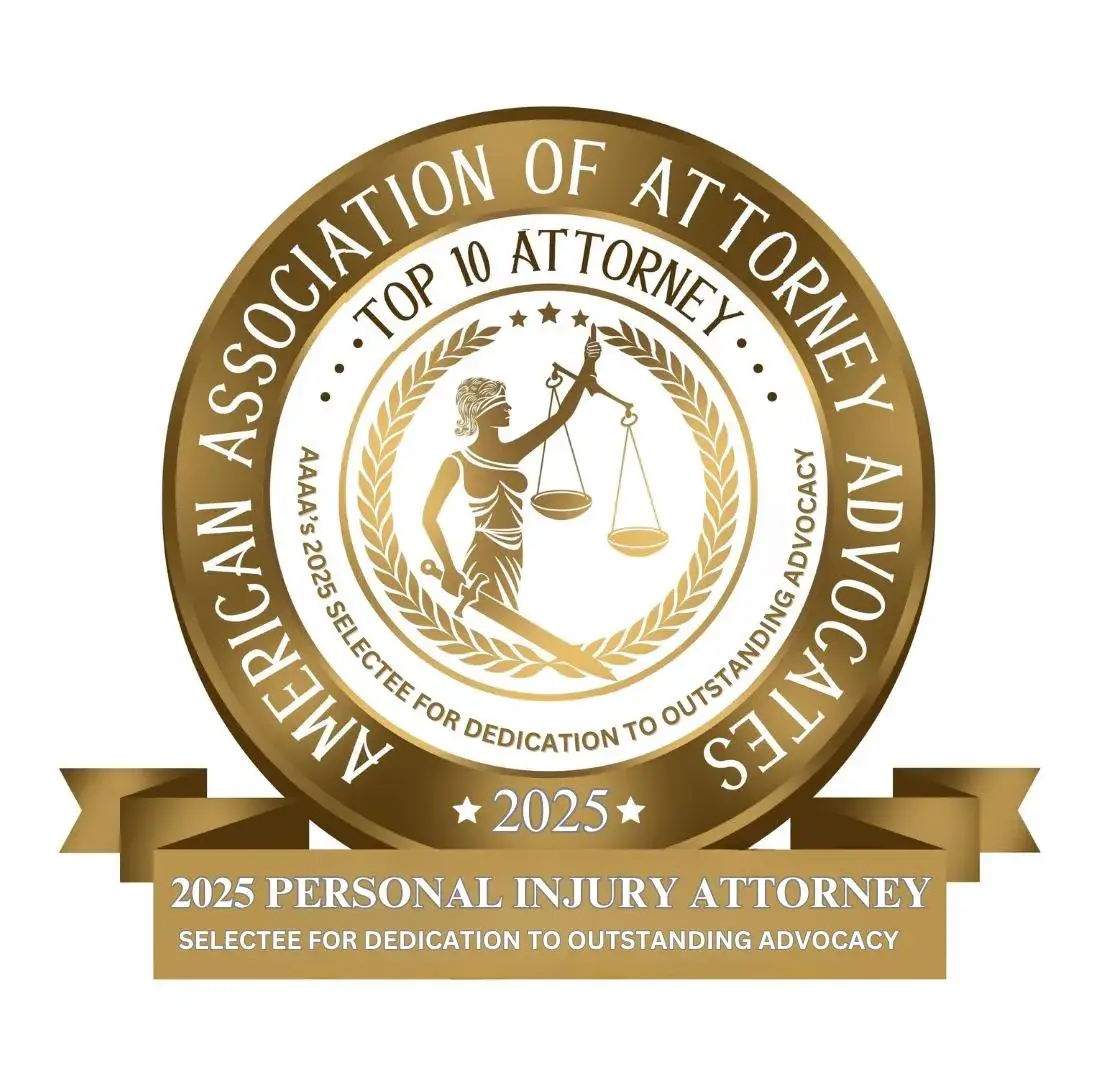Lawmakers Work to Reduce Student-Athlete Injuries
More than 46.5 million children participate in sports every year around the country, and two New Jersey lawmakers are working hard to minimize the long-term health risks of contact sports.
U.S. Senator Bob Menendez (D-NJ) and U.S. Representative Bill Pascrell (D-NJ) have sponsored the SAFE PLAY Act, which stands for Supporting Athletes, Families, and Educators to Protect the Lives of Athletic Youth. If passed, this legislation would:
- Provide grant money for cardiac training and equipment in public schools
- Establish guidelines for practicing and/or playing in hot weather
- Establish guidelines for the consumption of high-caffeine energy drinks
- Work toward more comprehensive emergency action plans for athletic events
- Require states to establish concussion safety plans in schools
- Provide education and materials for school officials, coaches, and parents about relevant health risks
- Spur research into cardiac conditions, concussions, and heat-related illnesses among student-athletes (particularly cardiomyopathy, a cardiac condition that can lead to heart failure)
A number of tragic cases of student-athlete injuries and fatalities spurred the introduction of the bill. The announcement of the legislation came in September 2014, just a week after a 16-year-old high school student from Staten Island collapsed during football practice and died. In 2008, a 17-year-old junior linebacker suffered a blow to the head that caused a fatal brain hemorrhage, and a 16-year-old suffered 11 concussions over four years in basketball that left her with long-term memory problems, trouble focusing, and other lingering health effects.
Pascrell, who co-founded the Congressional Brain Injury Task Force back in 2001, said these stories—and troubling stories like them—are the driving force behind this legislation.
“It’s outright stupid if you don’t protect yourself and your coaches don’t protect you and your parents don’t protect you,” Pascrell said.
Unfortunately, however, coaches are often pressured to keep injured players on the field and parents are often ill-informed about the risks of “playing through” the injury. Retired New York Giants offensive lineman Roman Oben, who was present for the press conference announcing the legislation, said he has hope that the “tough it out” culture is fading, at least in professional sports.
“I know that the culture of masculinity and the perceptions of injuries are slowly changing, but they are changing,” Oben said.
The legislation would shine a spotlight on concussions, heat-related illnesses, and cardiac conditions. When it comes to cardiac conditions, the legislation would provide grants and education for facilities around the country to have automated external defibrillators on hand, as well as other important emergency equipment.
“It’s something we need to address,” Pascrell said. “We want our kids to be out there, mixing it up, but we want to make them aware, and their coaches aware, and their parents aware of things they need to in order to protect themselves.”


















